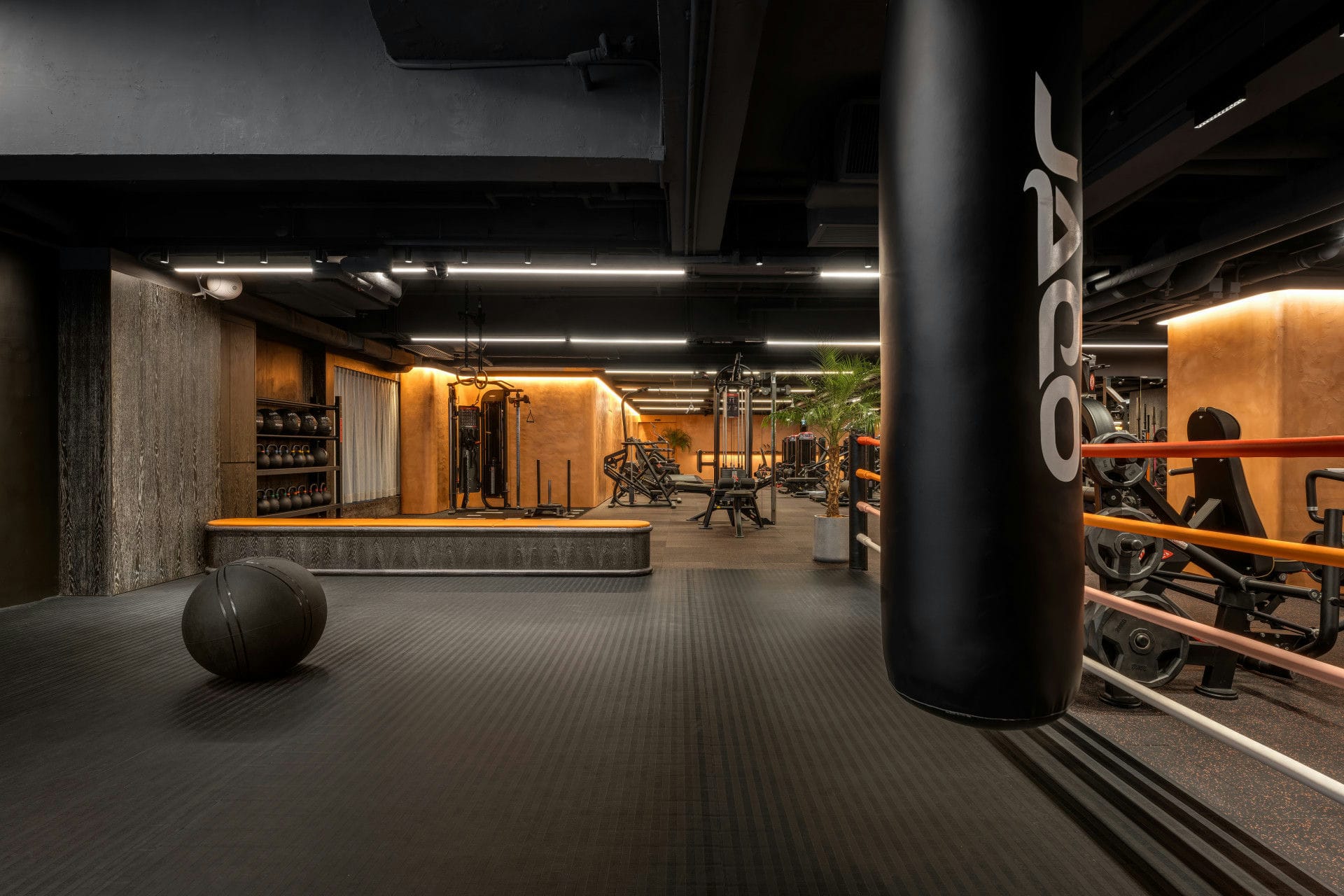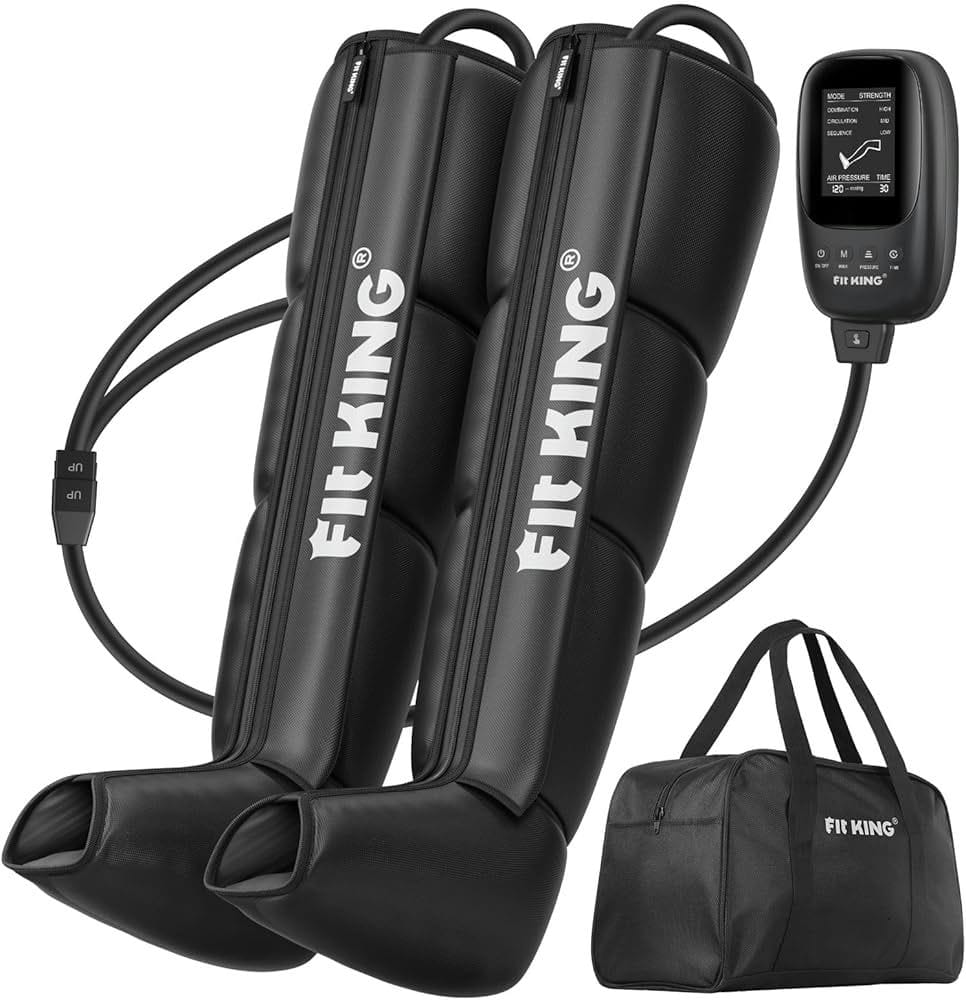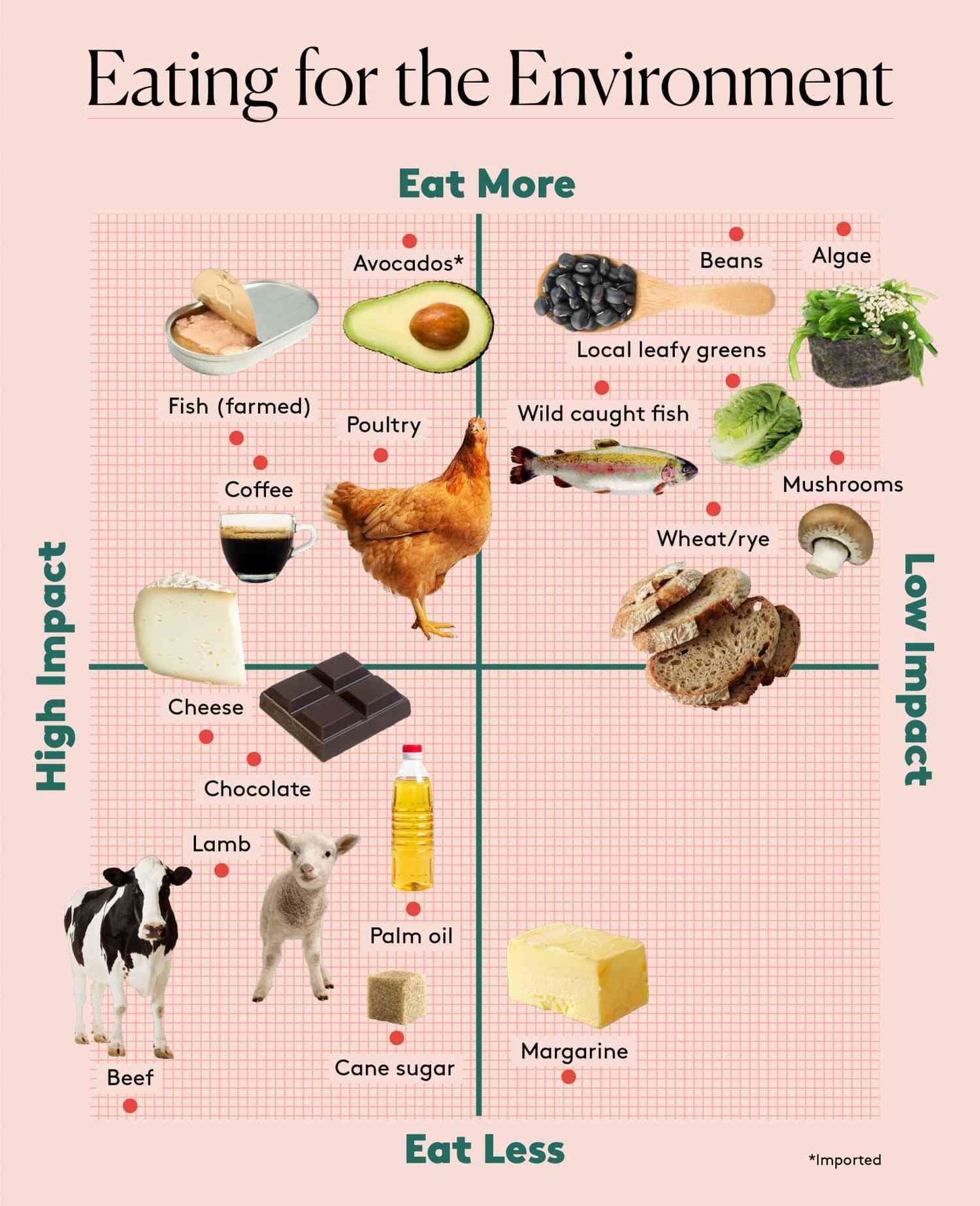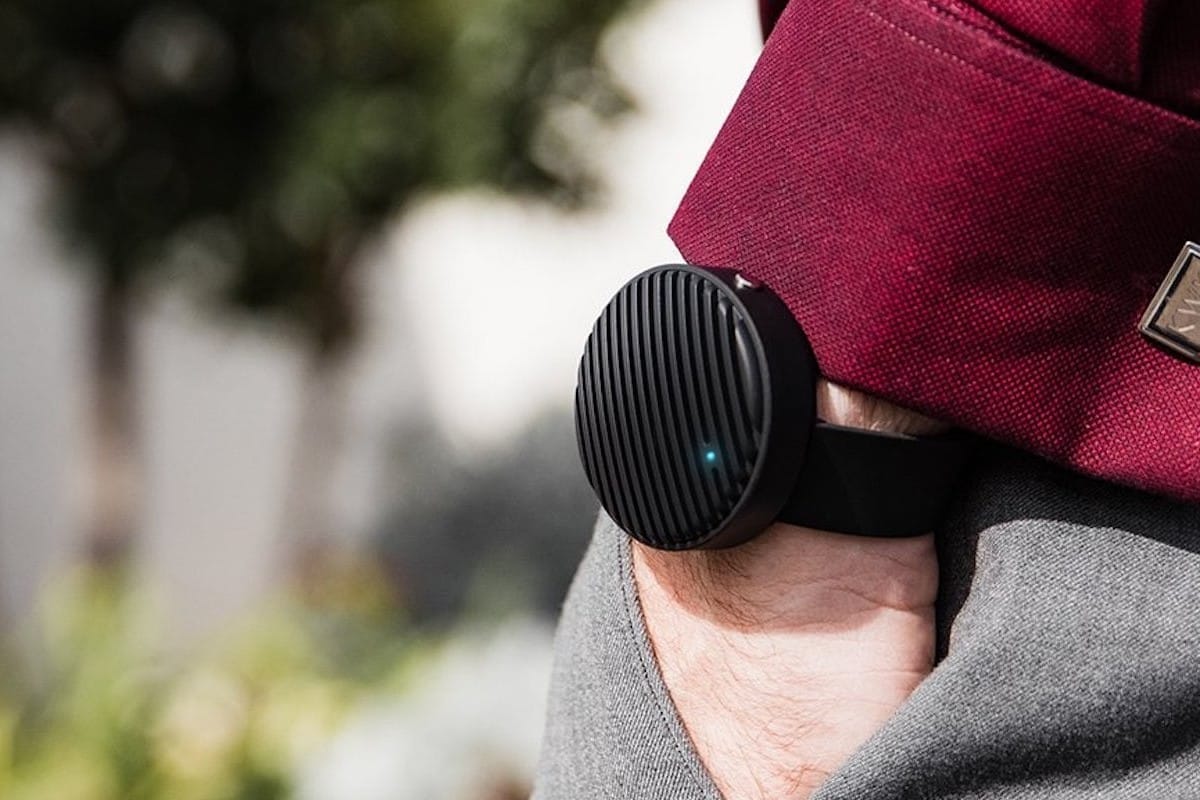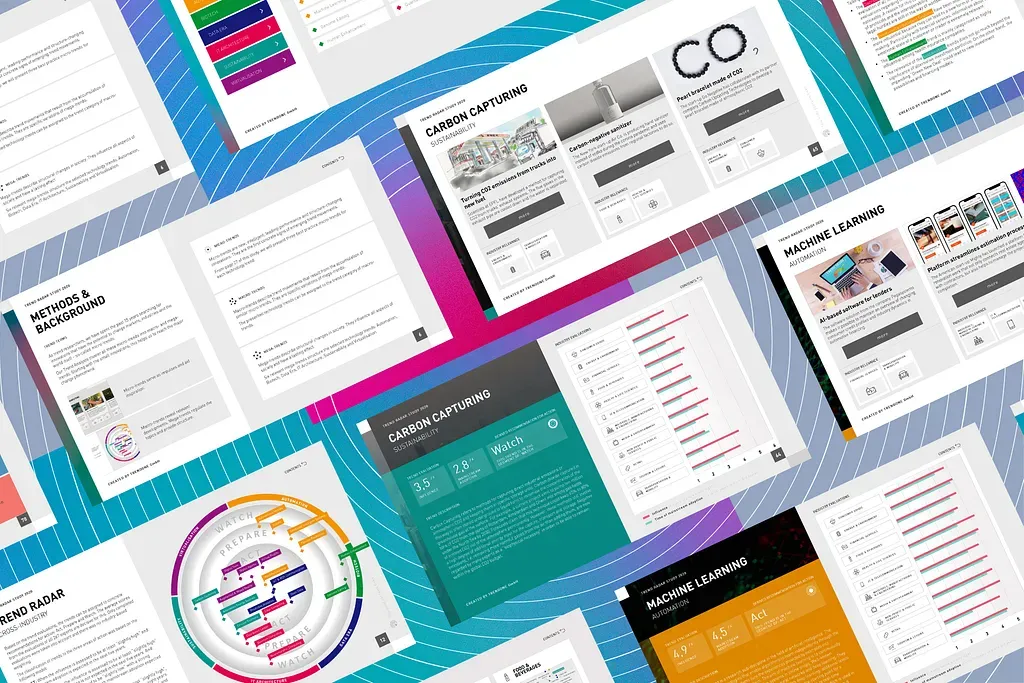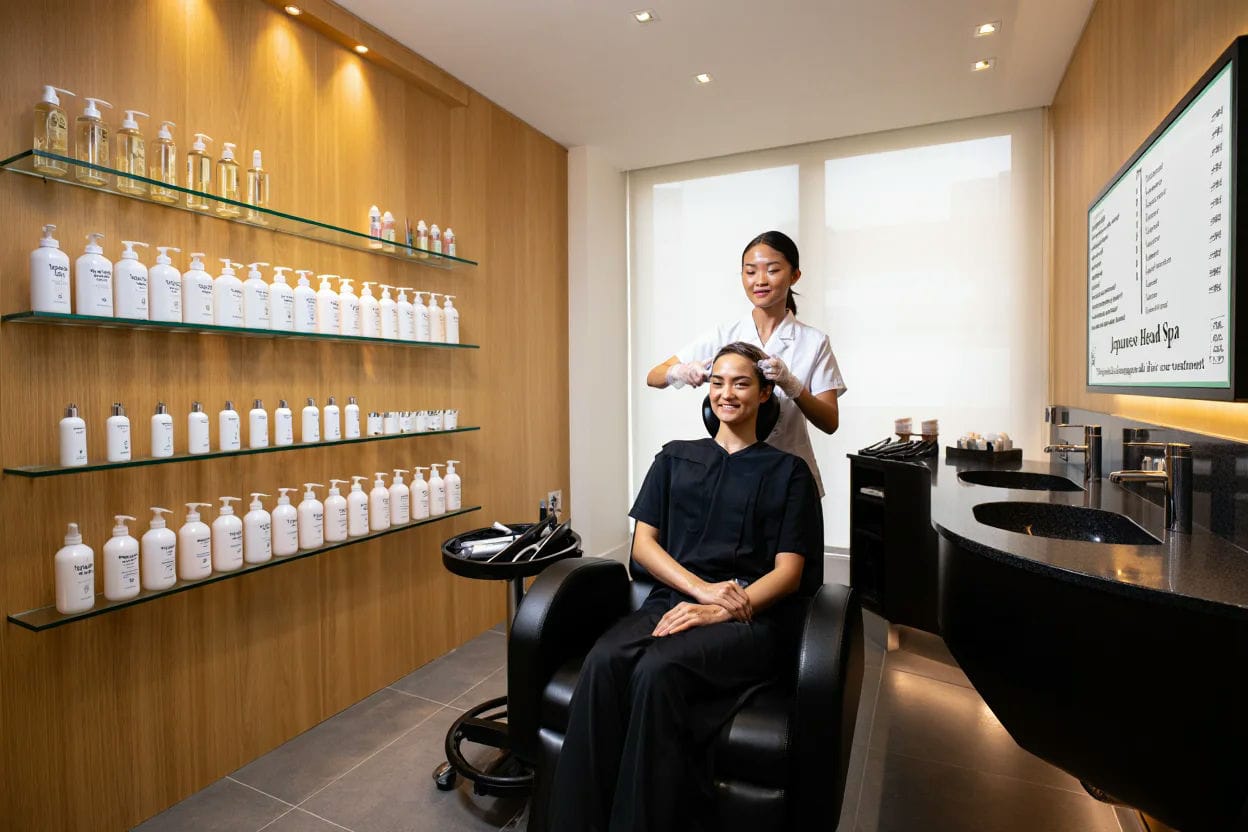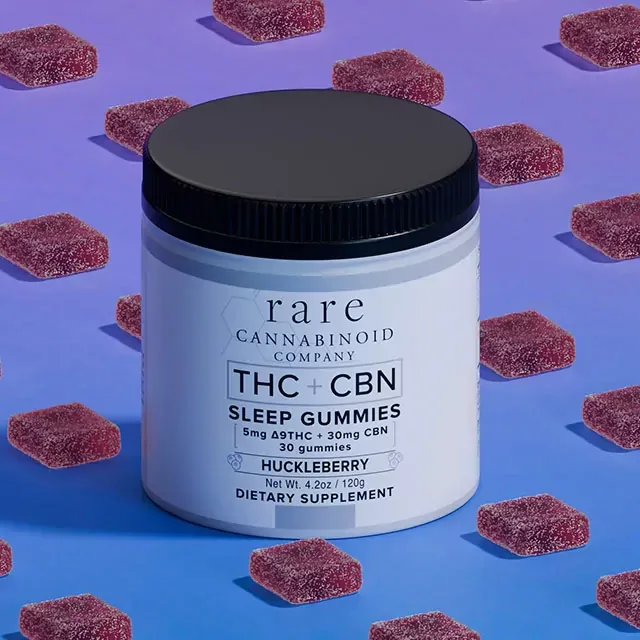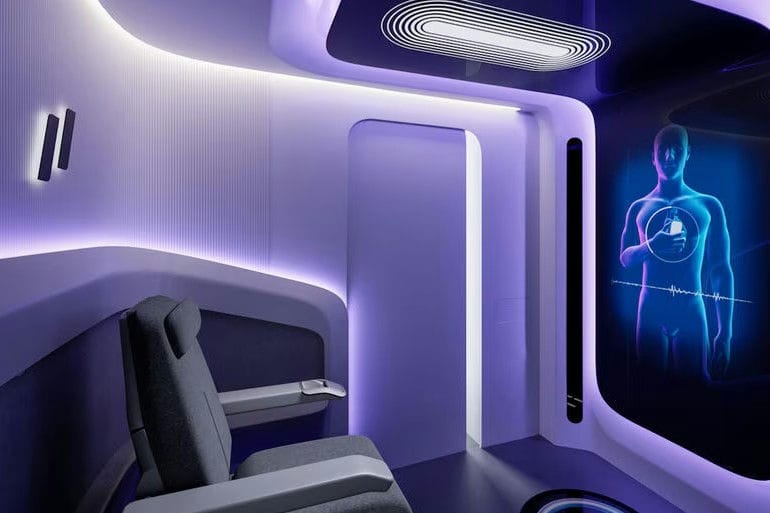High-end health clubs have evolved into luxury wellness destinations that blend state-of-the-art fitness equipment with spa therapies, longevity services, and curated social experiences. Driven by affluent consumers’ desire for experiential wellness, these clubs command premium membership fees and are expanding globally. Key growth factors include the rising wellness economy, the consumerization of healthcare, and real-estate synergies that integrate clubs into luxury residential and corporate developments. As technology, personalization, and holistic health converge, high-end clubs are positioned to outpace the broader fitness-club market over the next decade.
What Are High-End Health Clubs?
High-end health clubs are premium fitness and wellness facilities offering extensive amenities—such as infrared saunas, cryotherapy, IV vitamin drips, biometric screenings, spa treatments, and chef-crafted nutrition bars—under one roof. They go beyond traditional gyms by providing concierge services, personalized health optimization programs, and luxury environments designed for both exercise and socializing.
Key Trend Drivers
-
Experiential Wellness Demand
Affluent consumers increasingly seek immersive wellness experiences that merge fitness, relaxation, and community. High-end clubs function as lifestyle hubs where members can work out, recover, network, and unwind in premium settings. -
Wellness as Status Symbol
Membership in elite clubs (e.g., Equinox’s “Optimize” tier) signals social capital. These clubs leverage scarcity, selective enrollment, and luxury branding to cultivate exclusivity and justify high fees. -
Integration with Real Estate
Developers embed luxury clubs into mixed-use towers and residential complexes, boosting property values and offering seamless access to wellness amenities for residents. -
Holistic Health & Technology
Clubs are incorporating advanced health monitoring (wearables, AI analytics), telehealth services, and longevity treatments—transforming from exercise venues into comprehensive health optimization centers.
Target Member Profiles
| Segment | Characteristics | Motivations |
|---|---|---|
| Affluent Professionals | High income, time-constrained | Convenience, all-in-one wellness solutions |
| Wellness Connoisseurs | Early adopters of biohacking, longevity | Cutting-edge therapies, personalized programming |
| Social Wellness Seekers | Value community and networking | Exclusive events, peer motivation |
| Performance & Recovery Athletes | Semi-pro/elite athletes | Data-driven recovery, specialized sports therapy |
| Luxury Lifestyle Consumers | Trend-driven spenders | Prestige, ambiance, holistic self-care |
Health & Functional Benefits
-
Integrated Recovery Modalities
Infrared saunas, cryotherapy, compression therapy, and massage accelerate muscle recovery, reduce inflammation, and improve sleep quality. -
Personalized Health Optimization
Lab-based biomarker testing, sleep coaching, and bespoke nutrition plans enable targeted interventions for longevity and performance. -
Mind-Body Services
On-site yoga, meditation, breathwork, and acupuncture address mental well-being and stress resilience. -
Social & Community Engagement
Curated member events, small-group classes, and wellness workshops foster social bonds that improve adherence and satisfaction.
Market Dynamics & Size
- The global health & fitness club market was USD 112 billion in 2023 and is projected to reach USD 203 billion by 2030 (CAGR 8.8%).
- High-end clubs often charge USD 2,000–40,000/year; ancillary revenue from spa services, F&B, and retail can exceed 30% of total revenues.
- North America holds ~43% market share; Europe and Asia-Pacific luxury hubs (London, Dubai, Singapore) are key expansion targets.
- Leading operators report membership growth of 6–8% annually, outpacing mid-market gyms.
Facility Formats & Innovation
| Format | Description | Use Case |
|---|---|---|
| Ultra-Luxury Flagships | Multi-story clubs with pools, spas, clinics, co-working spaces | Destination wellness retreats |
| Boutique Wellness Studios | Niche focus (e.g., cryo-recovery, meditation) | Specialized, intimate experiences |
| Hotel-Integrated Clubs | Memberships tied to luxury hotels and residences | Seamless travel-and-wellness integration |
| Corporate Wellness Suites | On-site high-end fitness pods in corporate campuses | Employee health, productivity boost |
| Digital-Physical Hybrids | Virtual classes, wearables integration, on-demand recovery kits | Omni-channel luxury wellness |
Challenges & Considerations
-
High Capital & Operating Costs
Premium real estate, specialized staff, and advanced equipment demand significant investment. -
Member Retention & ROI
Expensive fees create high expectations; failure to deliver exceptional experiences can lead to churn. -
Regulatory & Liability
Medical-style services (IV therapy, lab testing) may trigger healthcare regulations and malpractice risks. -
Economic Sensitivity
Luxury discretionary spending is vulnerable during downturns; clubs must demonstrate tangible health ROI.
Future Outlook & Opportunities
-
Wellness Real-Estate Integration
Partnerships with residential developers to embed club access in luxury housing projects. -
Data-Driven Personalization
AI platforms aggregating biometric, behavioral, and preference data to deliver hyper-personalized experiences. -
Global Brand Franchising
Expansion of marquee luxury-club brands into emerging markets (Middle East, Southeast Asia). -
Wellness Membership Ecosystems
Bundled subscriptions combining club access, telehealth, nutrition delivery, and experiential retreats.
Conclusion
High-end health clubs are redefining fitness by merging luxury hospitality with advanced health science. Their curated experiences, cutting-edge recovery modalities, and exclusive communities cater to affluent consumers’ desire for holistic well-being. Sustained success will hinge on operational excellence, demonstrable health outcomes, and adaptability to evolving lifestyle and economic trends.
Sources
- https://www.fortunebusinessinsights.com/health-and-fitness-club-market-108652
- https://www.grandviewresearch.com/industry-analysis/health-fitness-club-market
- https://www.ibisworld.com/united-states/industry/gym-health-fitness-clubs/1655/
- https://www.theguardian.com/lifeandstyle/2024/apr/03/spas-and-longevity-clinics-private-members-clubs-shift-focus-to-wellness
- https://investors.com/news/technology/luxury-gyms-trend/


